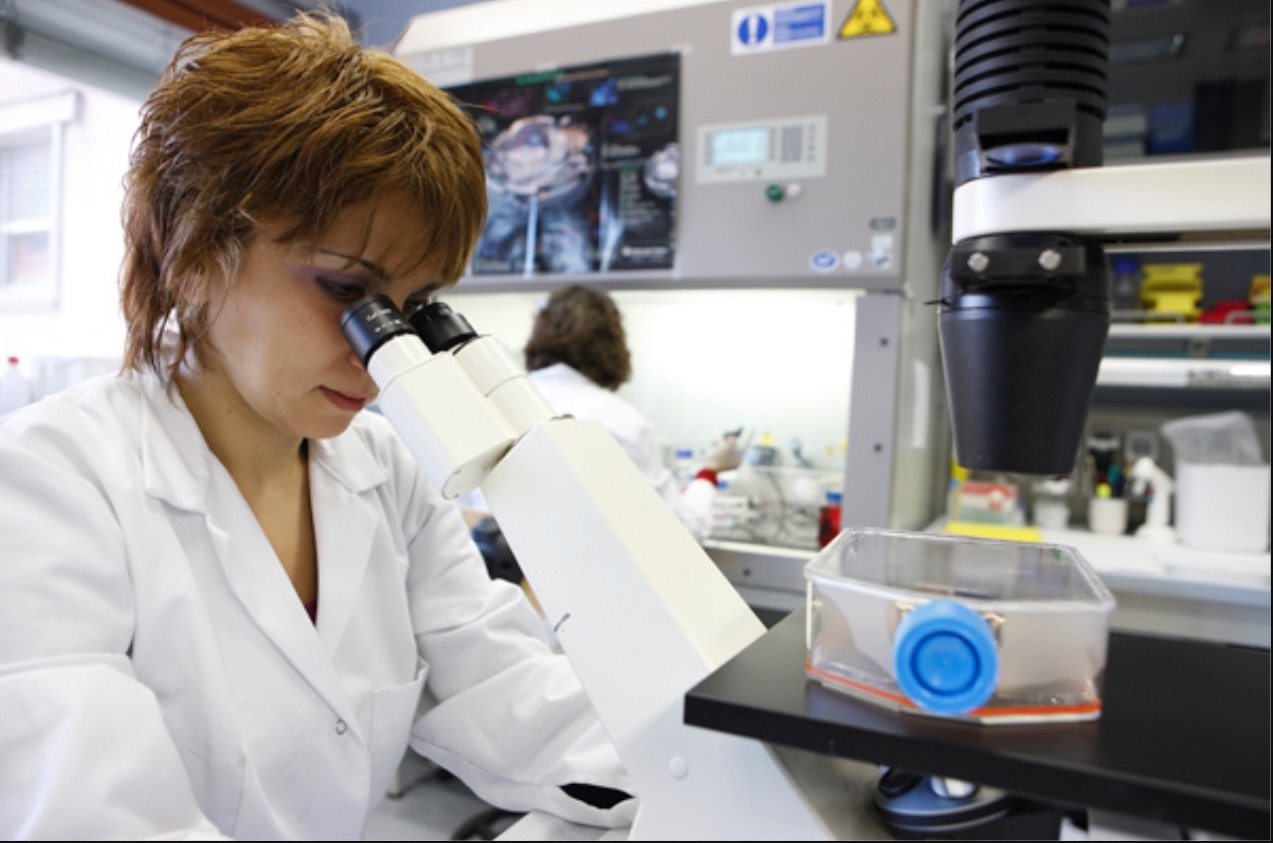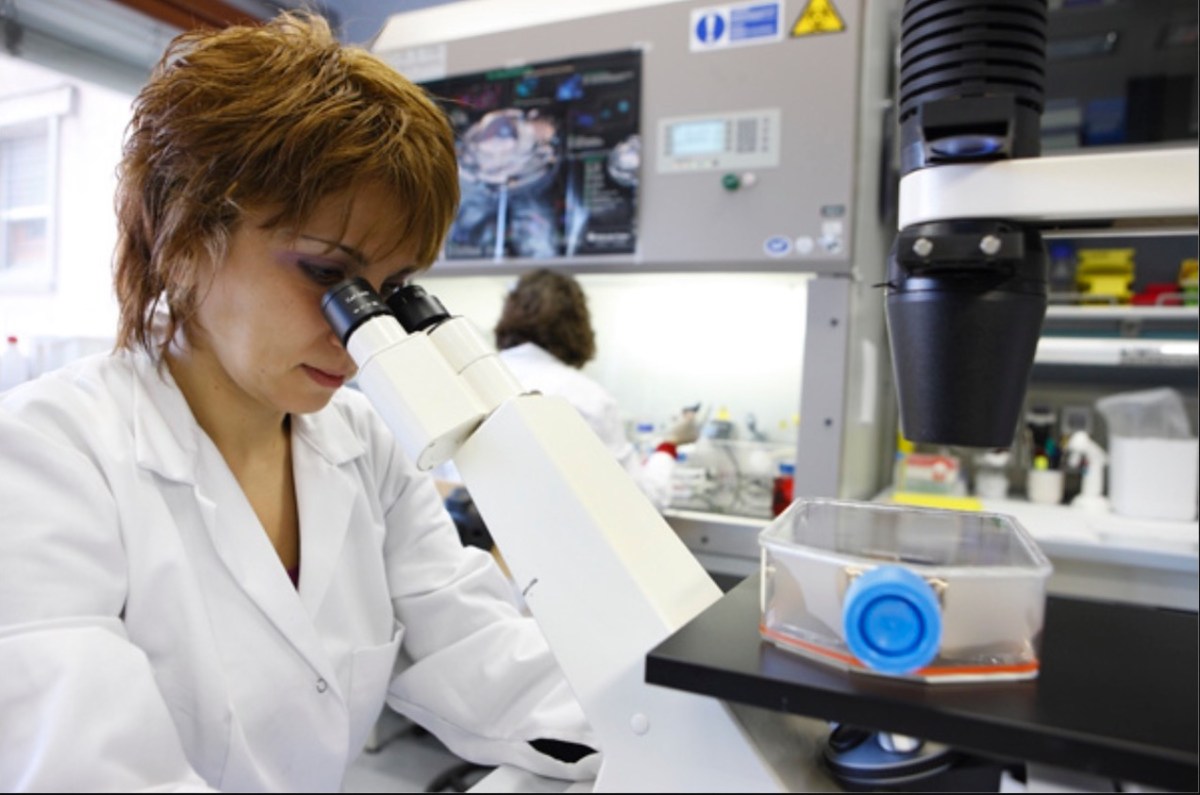HPV Vaccination Rates Are Still Upsettingly Low


HPV, or human papillomavirus, can lead to cervical cancer, penile cancer, oral cancer, genital warts, and other cancers in both men and women. It’s the most common STI in the United States. However, the rates of immunization are still way too low. Why is it that what is essentially a vaccine for cancer is having so much trouble in the United States? Studies on the high immunization rates in countries like Rwanda and Australia show that it’s not only possible, but beneficial.
A study in 2016 showed that after introducing the vaccine, the prevalence of HPV decreased significantly. However, only 43% of teens between the ages of 13 and 17 were immunized with the recommended doses (meaning while 65% of girls and 56% percent of boys had the first dose, they didn’t complete the vaccination series).
A new report from the Blue Cross Blue Shield Association shows that only 29% of its insured teen members receiving their first dose by their 13th birthday. Nationally, you can check out the percentage of coverage here. An interesting side-by-side comparison with these maps about how states cover sex education might be the answer to why pre-teens, teenagers, and those in their early-to-mid 20s aren’t getting vaccinated. Dr. Margaret Stager of the Metro Health Medical Center in Cleveland told NPR that while the number is slowly rising, misconceptions about the vaccine continue.
Because the CDC recommends the vaccines at ages 11 or 12, there’s often pushback from parents who feel like the cancer-preventing vaccine might encourage sexual activity. “I’m worried my child will think that getting this vaccine makes it OK to have sex” is a talking point in this “Talking to Parents” tip sheet. Side note: the idea that a shot will make a girl promiscuous is absolutely ridiculous, but in what world is cancer a better alternative to promiscuity?
The CDC even has a section to emphasize that the vaccine is meant for your child “before they begin sexual activity”:
“This is not to say that your preteen is ready to have sex. In fact, it’s just the opposite—it’s important to get your child protected before you or your child have to think about this issue. The immune response to this vaccine is better in preteens, and this could mean better protection for your child.”
Additionally, the recommendations to vaccinate boys didn’t begin until a year after it was first introduced for girls, and though the lack of an HPV test for men has led some to assume it doesn’t matter, men are more likely to get Oral HPV cancer.
For more information about the HPV virus, you can find the CDC’s resources for parents and children here.
(via NPR, image: Novartis Vaccines Research Lab on Flickr)
Want more stories like this? Become a subscriber and support the site!
—The Mary Sue has a strict comment policy that forbids, but is not limited to, personal insults toward anyone, hate speech, and trolling.—
Have a tip we should know? [email protected]